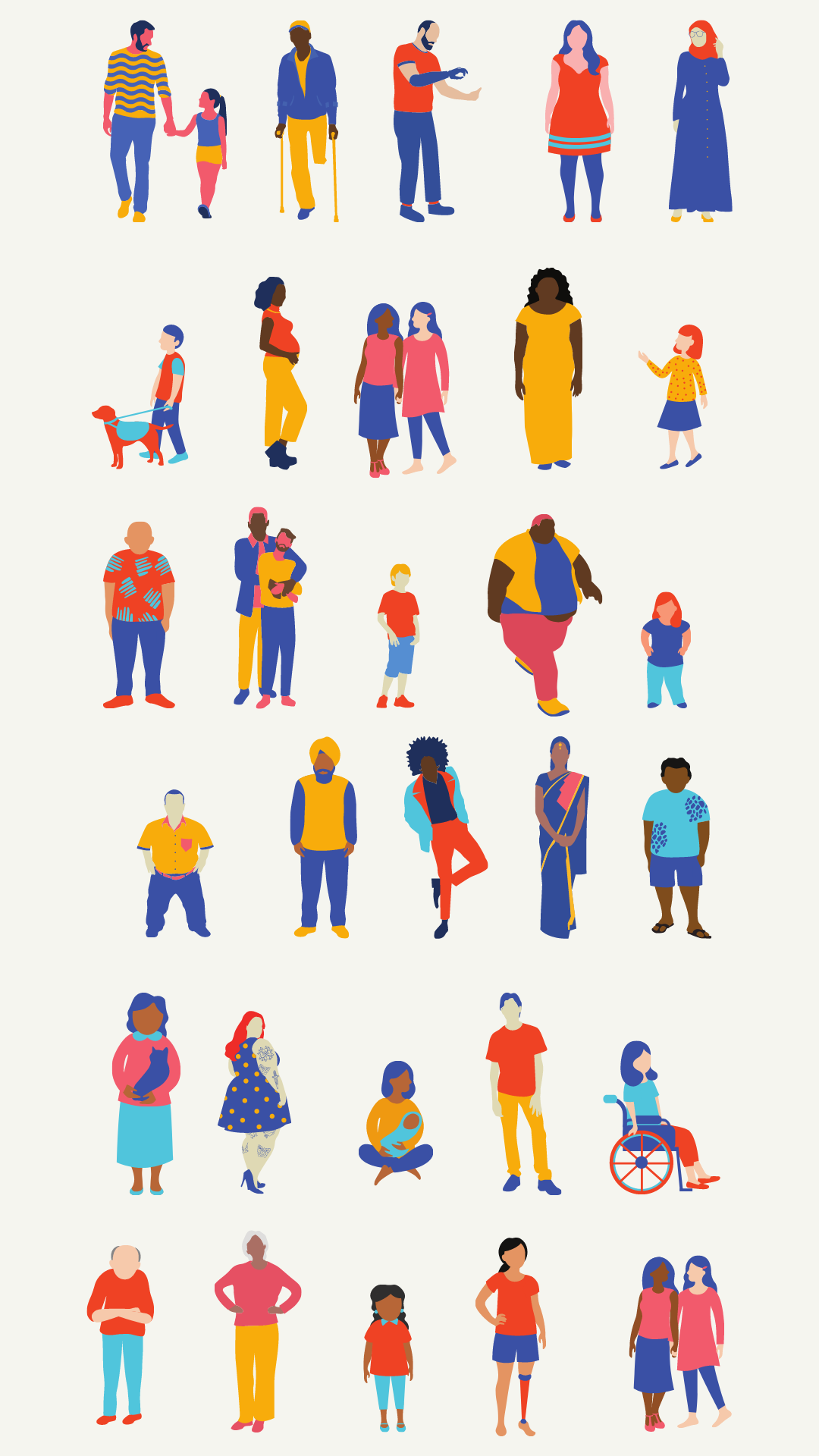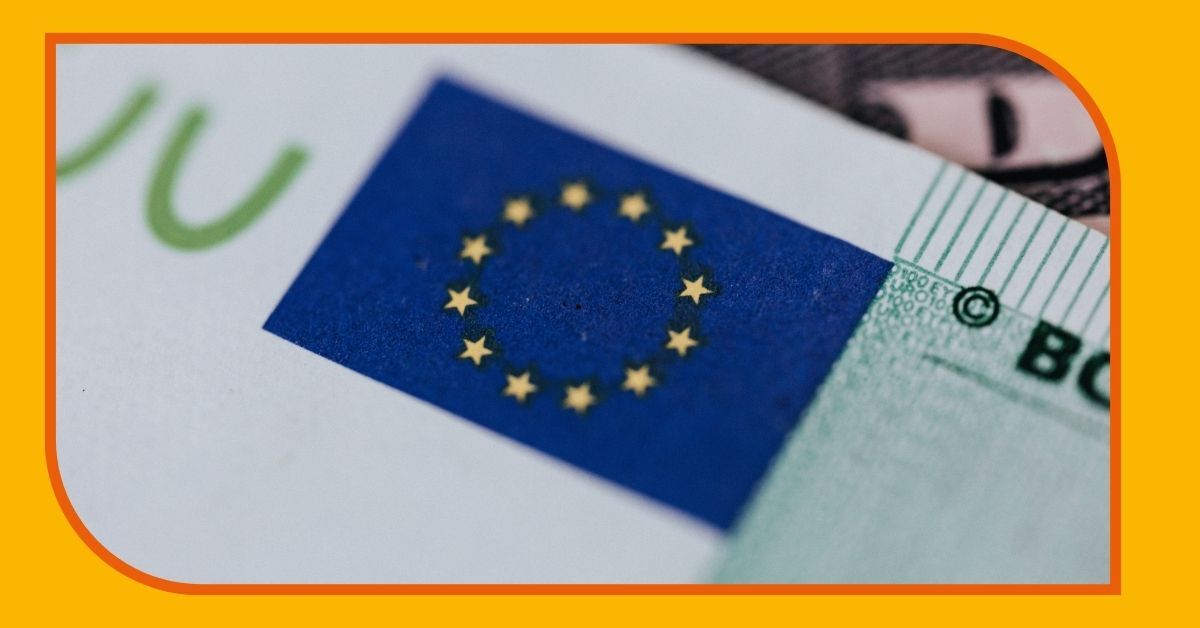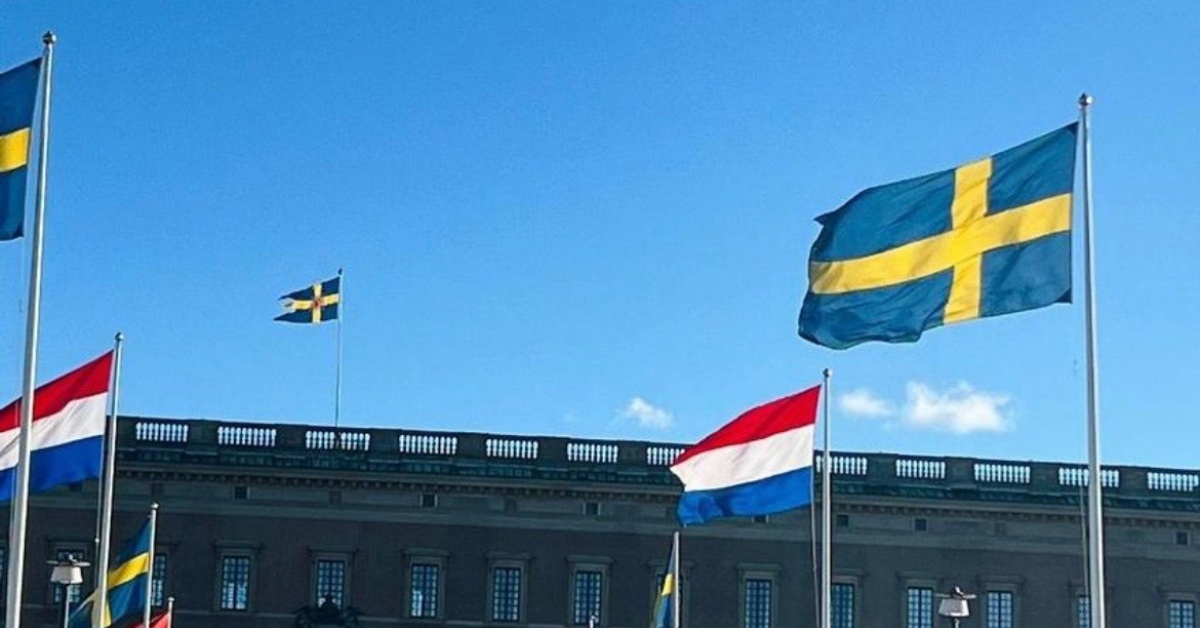In this guest blog, our valuable advisor for running international teams, Christine Andrea Andersson, is guiding us on why Diversity & Inclusion is nothing to be afraid of.
Diversity & Inclusion is a topic that has been on the table for a long period of time in both small and big corporations. We are still wondering how come with all its benefits and richness, it is not happening at the speed we want, despite all the investments that have been done in training, awareness, dedicated champions, setting quotas, etc. What is blocking us? What are we avoiding? What is getting in our way? Together with Karin, who has the lens of the recruiter and the opportunity to meet so many talents and with my multicultural background and international experience within HR, we shed another light on the why! It is not due to the fact that we don’t see the advantages of having diverse teams. Rather, it is due to the way diversity is framed, the level of our self-awareness about what drives our choices and the courage to discuss the elephant in the room.
"Diversity is nothing to fear as it is not about tolerating our differences, but it is about celebrating our uniqueness through our differences"
The way Diversity is framed today is more through a lens of policies rather than the encouragement lens. The impact of that is obvious.
Try this: "Tell me how you see things and I tell you how you will react. " What happens in this case, is that the leader may shy away from providing constructive feedback for an employee of a certain diverse background for fear of looking intolerant, and consequently leaving that employee essentially uncoached. We all know what the result of this is. The feedback becomes harder and harder and the problem amplifies. Whereas, if we look at it as “I want to increase cooperation” or “I want to create ways in which people have open communication”, or “I want to accelerate your competence build-up,” then it's very much growth-focused and more a concern of advancement and growth. The whole tone becomes different. For this reason, state very early on your intentions and create a safe environment for sharing. The fear will fade away, and the communication will flow. We all have the best intentions when we do things, what will make a big difference is the level of our self-awareness, the clarity of our expectations and our awareness of the environment we are in.
What drives my decisions/choices? Our brain receives at any point in time 11 million pieces of information and can only act on 40!
So what happens? The brain creates connections based on our experiences, upbringing and education. and helps us quickly find answers or solutions. This type of shortcut can lead, in some cases, to choose the safe solution and replicate what we already know rather than exploring new perspectives. The more we are aware of what drives our choices, the further we move from the unconscious to the conscious and by that will avoid the trap of the “like me bias” in the work environment.
So, every time you face a decision try this out: Pause and reflect and do a self-check and say: So, what? By doing that, you remove the emotional clutter and that will help you to return to your conscious level of evaluation.
Dare to explore your own biases and nurture an environment where difference is not only accepted but celebrated. As it is inevitable to get rid of our biases, the antidote is to be aware of them, write them down and seek feedback from the people around you to help you out when they surface. In the work environment, it is vital to be open to discussing the following: what do we promote in our environment “sameness” vs. diversity of thoughts? Safety vs. risks? Who are the role models? Who do we recruit? What language do we use? Is it inclusive or not? All of that will create transparency and visibility where the “like me bias” can possibly take place and its impact on decision-making.
Finally, clearly communicating factors such as "how we work here, what we value, the way we deal with each other, the codes in the work environment, what is important and what we promote" will make it easier for all to feel engaged and motivated. You give a voice to people and a sense that they belong.
Former VP HR at Ericsson, now CEO, Senior People and Organization Advisory at Fit2Grow and Co-Founder of Women Leadership Hub
Karin Björkman, Founder & Recruiting partner at Beyondo


